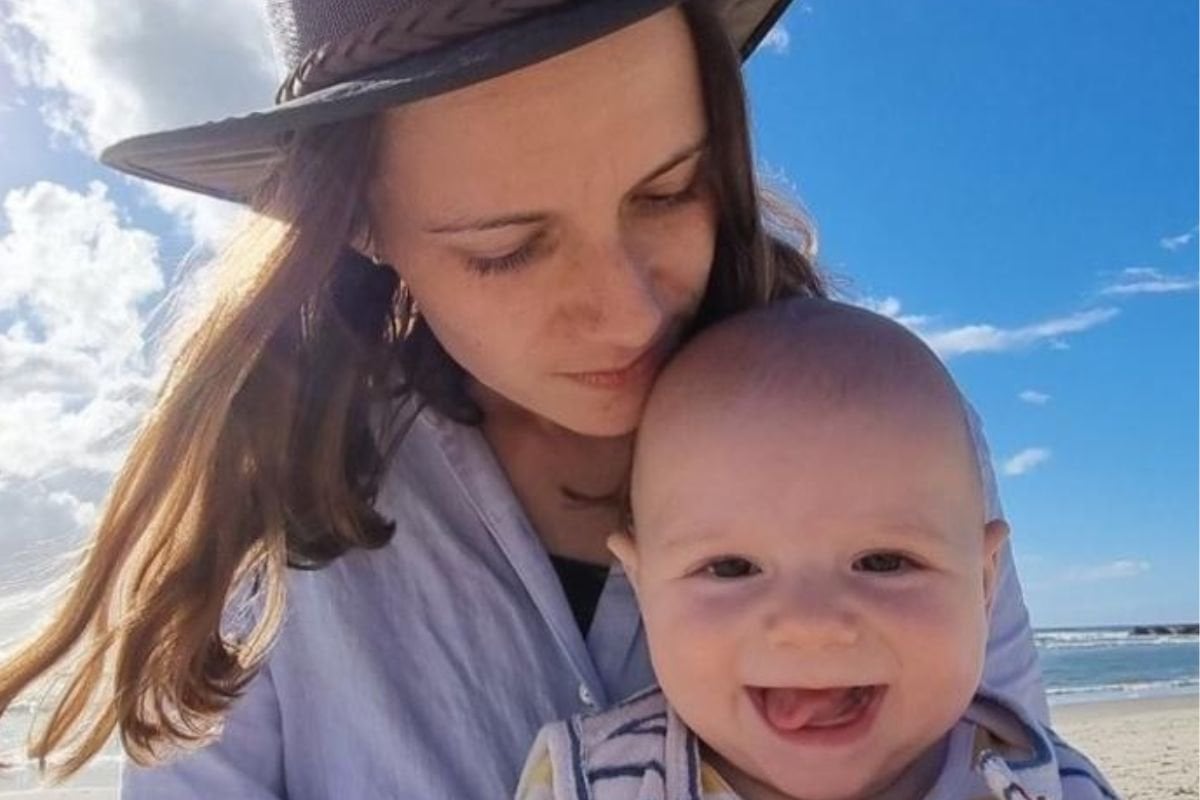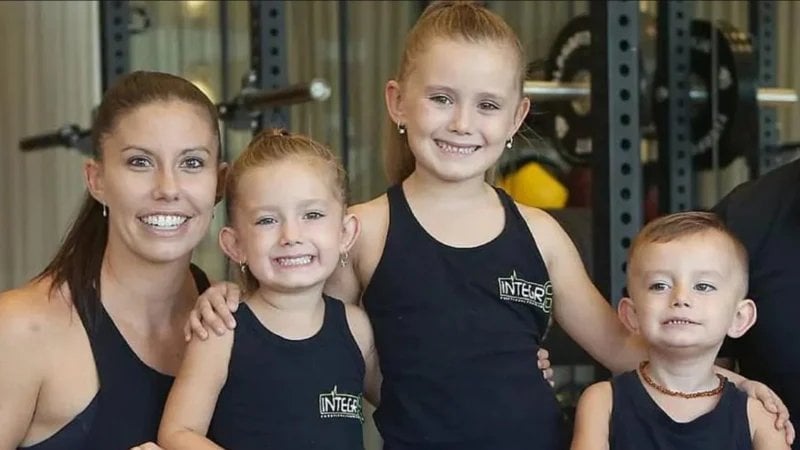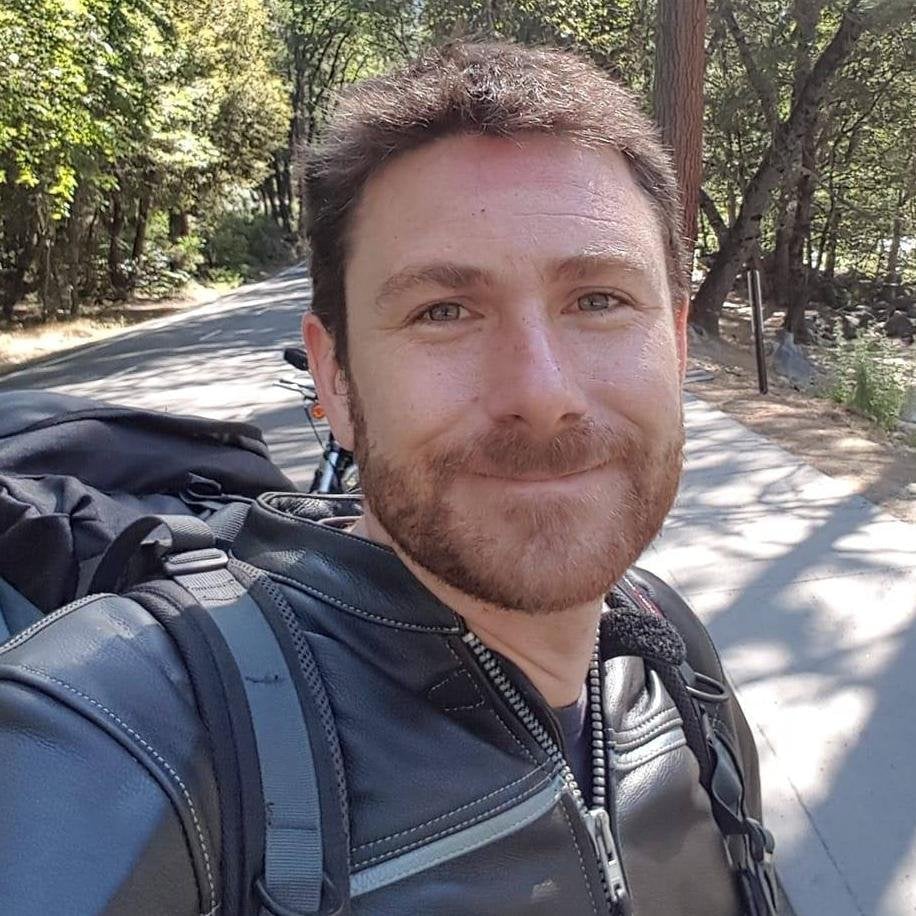
Content warning: this article discusses domestic violence.
"The father has created a system where both he and the child have passed away as a result of the system he set up."
This is how Deputy Commissioner Peter Thurtell described the calculated murder of a two-year-old child by his father during an unsupervised access visit.
James Harrison took the time to create a 'system', designed to kill his son, Rowan, and then himself.
Harrison was due to return Rowan to his mother—Dr Sophie Roome—at 4.30pm. Unable to contact Harrison, it took less than an hour for Dr Roome to call the police. When they arrived at Harrison’s apartment, they found the pair dead.
Dr Roome’s response was swift. She knew her ex husband was dangerous. That’s why she took out an Apprehended Violence Order against him, which was current at the time of the murder.
Harrison was known to the police too, for previous domestic violence matters. Nothing "significant" though, Thurtell said.
They were less swift. While they did attend Harrison’s home after receiving Dr Roome’s call, when no one came to the door, they left. It took hours, and desperate pleas from Dr Roome and her family, before police returned to the apartment and forced entry.
But neither the AVO nor Harrison’s known history of domestic violence changed the outcome. Little Rowan is dead. Killed by a man whose rights trumped everyone else’s. A man whose desire for power, control and vengeance was so strong, he was willing to murder his own child.



Top Comments